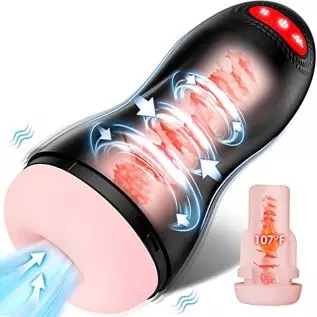What are the common allergic reactions in both genders? These 2 types affect the quality of sexual life!
Sex is an indispensable spice of life for both couples, but there are always some weird couples who have allergic reactions in both sexes. Common ones include kissing allergies or condom allergies, which can seriously affect the relationship between couples.
What are the common allergic reactions in both genders?
1. Kissing allergy
Kissing is a way to express love. Although it can convey love, it also exchanges saliva or transmits allergens, most of which are allergies caused by food. After investigation, it was found that people who have eaten certain allergenic foods may have allergic reactions after kissing, such as peanuts, carrots, milk or seafood. Allergic reactions caused by kissing are only local manifestations. Generally, the skin around the lips becomes red, has wheals or angioedema after kissing. Deep kissing can cause angioedema in the throat and lips. In addition, kissing after taking the other person's allergy medicine can also cause drug-induced allergic reactions. In addition, some women may not be allergic to food, but no matter what their boyfriend eats, his skin will appear red rash or itchy. This is a special kind of urticaria and skin scratch disease. The main symptom is scratching or scratching with blunt hands. After the instrument is scratched, red raised scratches may appear on the skin. In addition to kissing, some people are allergic to rice green liquid. Rice green liquid is similar to saliva and is a carrier of allergens. As long as the other party comes into contact with the allergens, it will cause allergic reactions. Such allergens are usually drugs and food. Such people can go to the hospital for desensitization treatment. If they have no need for reproduction, they should try to wear condoms and avoid direct contact with rice green liquid.
2. Condom allergy
Condoms can prevent sexually transmitted diseases and reduce the chance of pregnancy, but they can cause allergic reactions. Allergies caused by condoms are generally immediate-type allergic reactions. After contact, itching of wheals or systemic allergic reactions such as sneezing, coughing, and asthma may occur on the skin. This situation is related to the latex component in condoms. A small number of people may experience allergic reactions such as itching and erythema after using condoms. In fact, they are not allergic to latex themselves, but to the chemical catalysts in the latex production process. This is called delayed-type hypersensitivity. When the above two problems occur, you can choose non-latex condoms. If you still have an allergic reaction, you can go to the hospital to do a patch test or prick test to detect the allergic component. Try not to use condoms containing this component.
Warm reminder
When the above two allergic reactions occur, you need to choose a regular hospital for examination to find out what is causing the allergy and stay away from it. At the same time, pay attention to personal hygiene before and after sex, clean your mouth before sex, avoid eating foods that may cause allergies, and reduce allergic reactions to avoid affecting the quality of sex.
















